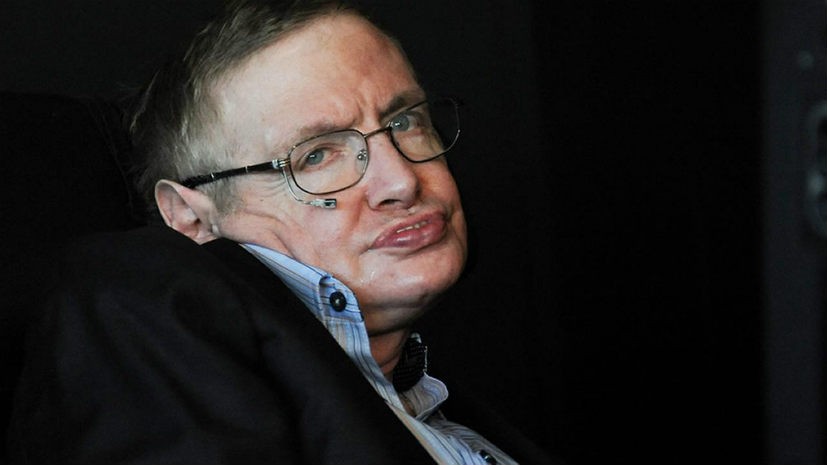Stephen Hawking, the globally-acclaimed British theoretical physicist and cosmologist passed away today from Lou Gehrig’s disease that hit him in his early 20s. His death was confirmed by a family spokesperson.
Hawking, 76 was renowned for his works like Hawking radiation, Penrose–Hawking theorems, Bekenstein–Hawking formula, Hawking energy, Gibbons–Hawking space, Gibbons–Hawking ansatz and many more.
He is the author and co-author of a wide range of books where he shared his theories and insights of cosmology with his readers. A few of them include A Brief History of Time (1988), The Theory of Everything (2002), The Nature of Space and Time (1996), Black Holes and Baby Universes and Other Essays (1993), The Future of Spacetime (2002), Black Holes: The Reith Lectures (2016), 300 Years of Gravitation, and several more.
In the recent past, Hawking made several statements and predictions about the future of Earth and mankind. Some of the significant predictions are:
Climate change could turn Earth into Venus
Venus once had environmental conditions similar to that of Earth. But greenhouse effect and climate changes reduced the planet to its current condition. Hawking cautioned that if Earth’s climate change is not brought under control, the planet will transform into Venus.
Hawking, who vehemently objected to US President Donald Trump’s backing out of the the Paris climate change agreement, said:
“Next time you meet a climate-change denier, tell them to take a trip to Venus; I will pay the fare.”
“We are close to the tipping point where global warming becomes irreversible,” he told BBC News. “Trump’s action could push the Earth over the brink, to become like Venus, with a temperature of 250 degrees and raining sulfuric acid.”
AI will take over the world
Hawking has been speculative about the pace at which artificial intelligence has been going forward. In an interview with Wired, he said: “We need to move forward on artificial intelligence development but we also need to be mindful of its very real dangers.
“I fear that AI may replace humans altogether. If people design computer viruses, someone will design AI that replicates itself.
“This will be a new form of life that will outperform humans.”
Relocation of humans to a new planet
Hawking believed that humans won’t be able to live on Earth for very long. In the upcoming years, they need to relocate themselves to another planet.
In a BBC documentary Stephen Hawking: Expedition New Earth, Hawking said: “Although the chance of a disaster on planet Earth in a given year may be quite low, it adds up over time, becoming a near certainty in the next 1,000 or 10,000 year.”
“We must continue to go into space for the future of humanity,” he said. “I don’t think we will survive another 1,000 years without escaping beyond our fragile planet.”
Aliens to take over
Hawking always believed in the existence of extraterrestrial or aliens. He said: “One day we might receive a signal from a planet like Gliese 832c, but we should be wary of answering back.”
“They will be vastly more powerful and may not see us as any more valuable than we see bacteria.”
“As I grow older I am more convinced than ever that we are not alone. In the past too, Hawking had suggested that any civilization reading our messages could be billions of years ahead of humans.”
“There was nothing around before the Big, Big Bang”
Hawking recently made a statement on the National Geographic channel that there is no boundary to the universe and it is endless.
He believed in the Big Bang theory that says the whole universe can minimise into an enormously little ‘subatomic ball’ known as the singularity.

